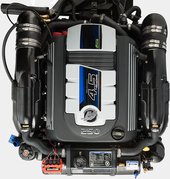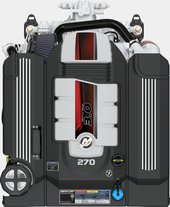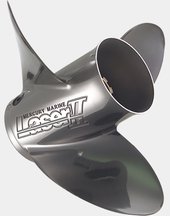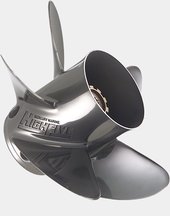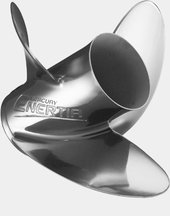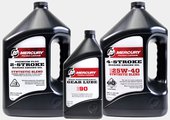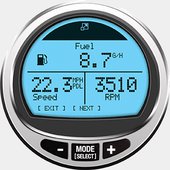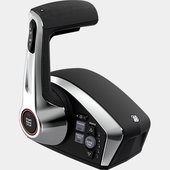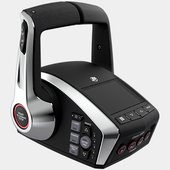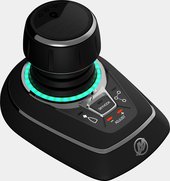
What You Should Know About Boating in Cold or Freezing Weather
Here are a few tips on running your engine - late in the season.

In the Northern Hemisphere winter is fast approaching fast and, while most boaters have winterized and stored their boat and engine until spring, if you still have some late-season fishing, hunting or boating to-do. or when you are a commercial operator and need to operate your Mercury outboard all year round. Just be aware that Mercury Marine outboards are rated to operate at temperatures as low as -15C, so you can rely on your Mercury even in these colder conditions.
However, no matter how invigorating late-season boating can be, you'll need to ensure your outboard and boat are ready to withstand the cold. So before you set sail, keep these facts and recommendations in mind.
- If you have a FourStroke outboard, check the owner's manual for advice on proper oil viscosity for cold-weather operation.
- The most common cold-weather outboard motor problem is lower unit and waterjacket freeze-up, which occurs when the outboard tilts up causing water to get trapped in the lower unit and water-passages in the motor, which freezes if the air temperature is low enough. Frozen water in your outboard almost always results in serious engine damage.
REMEMBER: When the air temperature drops below freezing, always keep the motor in its down position when it's not running.
- After each outing, pull the hull drain plug in your boat and tilt the bow up to allow all water to drain from the bilge.
- And after you've taken your last boating trip of the season, don't forget to winterize appropriately, including these basic steps:
- Gasoline containing alcohol (ethanol or methanol) can cause the formation of acid during storage and can damage the fuel system. If you use gasoline that contains alcohol, drain as much of the remaining gasoline as possible from the fuel tank, remote fuel line, and engine fuel system.
- Then fill the fuel tank and engine fuel system with treated (stabilized) fuel to help prevent the formation of varnish and gum.
Following these simple tips – and the advice offered in the owner's manual for your engine – will keep you boating longer now and in the coming spring.


